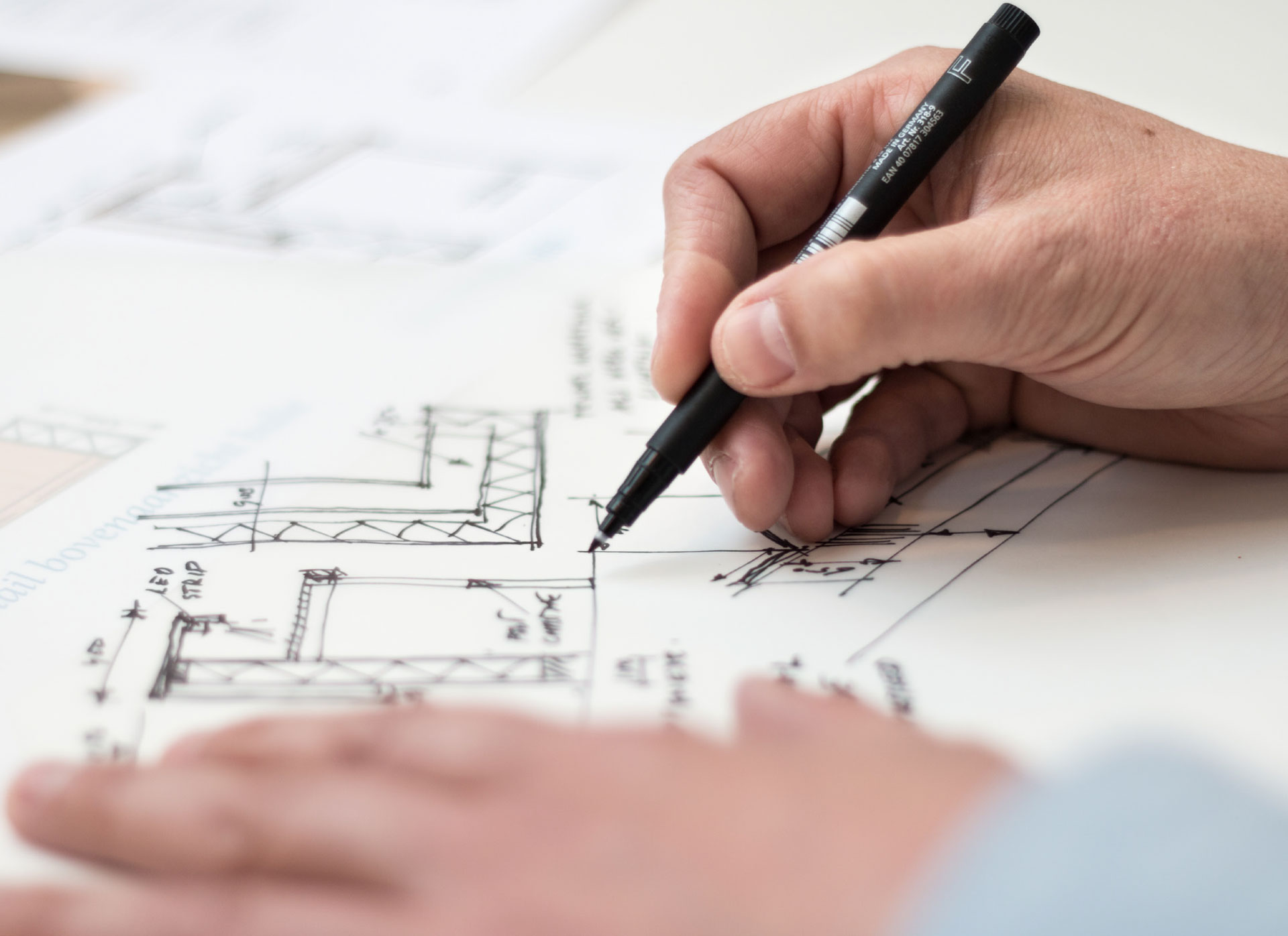The last few years have seen a boom in the construction of apartment and townhouse complexes leaving many of us asking, should I purchase a property ‘off the plan’? What does it mean to buy a property ‘off the plan’? Put simply, it means purchasing a property before it has been constructed. If this is something you are contemplating here are a few things to consider:
1. What are you buying
It is really important that you study the plan properly and know what you are buying. You should also consider how the property could be modified by the developer during the building process. Whilst the legislative amendments, that were introduced at the end of last year, sought to restrict the variations and modifications that can be made to a draft plan, there is still some scope for amendments to be made.
2. Know your developer
Do your research in relation to the developer that is selling the properties and the builder. Has the developer done other projects that you can inspect and if so, can you obtain the names of some previous purchasers that would be willing to discuss the development with you?
3. The timeframe for completion
All ‘off the plan’ contracts will generally include a sunset date. The sunset date provides a time limit for the build completion and registration of the plan which could be years after you have entered into the contract. Make sure you are comfortable with this date and any
rights of the developer to extend.
4. The market
Shifts can occur in the market during the construction phase. When construction is complete, the property may end up being worth more than what you originally paid for it, as the demand for the development increases. However, if the property reduces in value due to a change in the market, it may be worth less at the time of completion and this can affect your ability to borrow funds.
5. Change in circumstances
Changes in your personal circumstances may affect your ability to borrow money. Despite obtaining pre-approval for your loan, before signing contracts, unconditional loan approval is not normally provided until the property is constructed. Therefore, any change in your circumstances, between exchange and completion can have a significant effect on your ability to have funds available to complete the transaction. However, on the plus side, the construction period can also give you time to save extra money to put towards your new purchase.
6. Deposit
Your deposit needs to be paid at the time that you enter into the contract. It can be a really good idea to consider obtaining a deposit bond, in lieu of a cash deposit, so that you do not have your own funds tied up for a considerable period of time.
7. Stamp duty
If you intend on using the property as your principal place of residence, you can defer stamp duty for up to 12 months after you exchange the contract for sale. In addition, if you are a first home owner you may also be eligible for full or partial exemption on stamp duty as well as the first home owner grant.
8. Maintenance / running costs
By purchasing a new property your maintenance costs should be lower and the property should be equipped with new appliances that can reduce its running costs.
9. Get legal advice
Finally, it is important to get good legal advice prior to entering into the contract to ensure the terms and conditions match your expectations.
